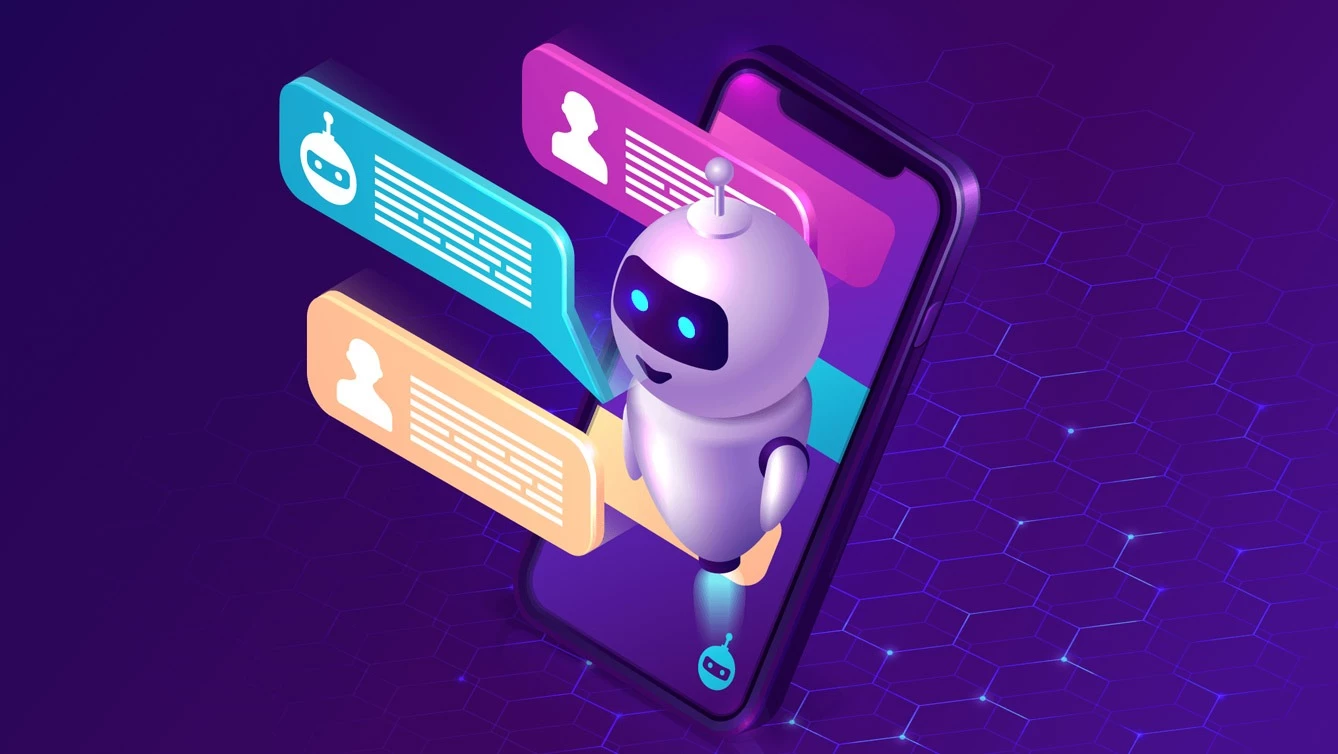In this evolving age every business is talking about chatbots. But What are the chatbots? why do you need it? What benefits can you have with these chatbots? When you can only have limited manpower and unlimited queries then you feel the need for the chatbots. In this rapidly evolving landscape of digital customer communication, chatbots have become indispensable for businesses aiming to deliver superior customer service and capitalise on sales opportunities. They uniquely engage the customers, respond in real-time and they handle many queries at the same time thus being very useful in modern-day marketing. Organizations are always on the lookout for how to enhance the customer experience while at the same time reducing their costs. Through chatbots, they offer customers an interface where they can get information, respond to queries, and even report issues— all at a less expensive approach as compared to conventional customer support systems.



In this blog, we’ll explore how chatbots in marketing enhance customer experience and significantly boost conversions, as well as some of the best practices for integrating chatbots into your marketing strategy.
Humans have their capacity and so do organisations, When you want to be available 24/7 for the business and you want it within budget, then you need chatbots. The first advantage of using chatbots is that the clients receive responses to their inquiries instantly, 24/7. This round-the-clock availability is a game-changer, especially in industries where customer inquiries can occur at any time, such as e-commerce, travel, and healthcare.
In comparison to human agents who get tired, and need a break or a day off, chatbots, do not take a break. Chatbots also help to eliminate the time that customers have to wait for answers to their questions and this is good for today’s consumer, who wants everything right away. Every level of friction reduction along the customer journey path significantly plays for higher conversion rates. A customer who receives his/her questions answered on the double is very likely to buy the product or subscribe to the services.
Every online business is using chatbots, whether it is a bank, a restaurant, or any other online store. The advanced chatbots are AI & ML-based chatbots since they can implement customer learning and provide customer-specific experiences. These chatbots can suggest products by tracking customer’s past behaviours, their inputs in the chat and even overall preferences, thereby emulating the exact one-on-one interaction a consumer has with products in a physical store.
For instance, an e-commerce chatbot can suggest additional products based on the items a customer is browsing, offering a personalised upsell or cross-sell opportunity. Over time, as the chatbot gathers more data, it becomes even more effective at tailoring suggestions, ultimately driving more conversions.
The chatbots are known to be efficient lead generation and qualification tools as well as more advanced than merely being customer service agents. Chatbots, while engaging the website visitors in conversational marketing, can ask these questions to get leads’ contact details and qualify them under their answers. This assists organisations in achieving high levels of audience categorisation and thereby targeting a higher concentration of prospects to quality leads that result in conversion.
You need not be worried about your business, if it is just a booking issue or customer query, chatbots can do it for you, they can set reminders, make bookings, and whenever customer conversion is necessary, hand over the lead to live personnel. This makes the work of sales teams lighter, and speeds up lead generation and nurturing; all while not losing track of any potential customer.
In numerous conventional customer care environments, the support workers continually repeat the same questions throughout the day. Such questions as ‘Where is my order?’ ‘What are your working hours?’ ‘How do I change a password?’ Such repeated questions can be time-consuming for human agents and produce lower efficacy because answering simple questions takes up valuable time as well as shelving complex questions while attending to simple ones.
Chatbot strategies are the best at such tasks since the chatbot can answer the most frequently asked question almost immediately. This leaves the human agents to handle more complicated inquiries that need human touch services, which improves customer satisfaction as well as reduces costs.
Most customers need to be retained for business purposes, and this can only be achieved when the customer is engaged effectively. As for interaction, chatbots can initiate a conversation with a customer and send him/her notifications or reminders, or offer something interesting. For example, a chatbot can inform a customer that he placed something in the cart or notify about special offers based on the customer’s purchasing behaviour.
Also, in contrast to other types of assistive systems, chatbots can reach out to the customer, to set up a conversation, and provide help before the client knows that they need it. This makes the interaction with the message more engaging and therefore brings a high chance of conversion.
The benefit of connecting people is chatbot development, It collects a wealth of data during interactions with customers. This data provides valuable insights into customer preferences, behaviour patterns, and pain points. Businesses can leverage these insights to optimize their marketing strategies, improve products or services, and personalize future interactions.
For instance, if a chatbot frequently receives questions about a particular product feature, the business may decide to emphasize that feature in its marketing campaigns or update the product's description for clarity. Similarly, businesses can track which queries lead to conversions and optimize chatbot interactions accordingly to maximize sales.
To maximize the benefits of chatbots, businesses should follow these best practices:

Chatbots in marketing have become invaluable tools for businesses looking to enhance customer experience and drive conversions. By providing instant responses, personalized interactions, and streamlined processes, chatbots offer a competitive edge in today’s digital landscape. At 88gravity, we specialize in developing and integrating chatbot solutions that not only improve customer service but also contribute to the bottom line by increasing conversions and improving customer retention. Whether you’re looking to reduce operational costs or engage customers more effectively, chatbots are a powerful solution to consider for your business.
For businesses aiming to stay ahead in the game, the future of customer experience is now, and chatbots are leading the charge.




Frequently Asked Questions
We strive to provide an exceptional quality of service to clients.
FAQs will be updated soon

